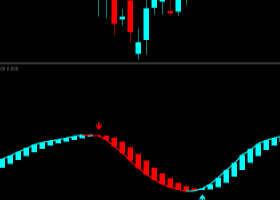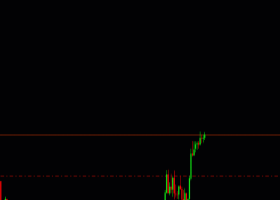
(31 December 2019)DAILY MARKET BRIEF 1:India 2020: Can growth bounce back?
India's GDP growth has slowed to 5% in FY19E – and a swift return to the 7-8% rates of recent years may be out of reach for the time being. UBS forecasts GDP growth to improve only gradually, to 6.2% in FY21 (which ends on 31 March 2021) and 6.5% in FY22.
"The major factor hurting overall GDP growth is still investment, and gross capital formation is now at the zero percent handle," explains CIO analyst Hartmut Issel. "While there are several reasons for this, one key culprit is liquidity in the system." CIO doesn't expect a swift revival of India's economic fortunes, but based on improving liquidity, it does expect GDP growth to bottom out soon.
While economic momentum is currently sluggish by Indian standards, CIO believes the corporate earnings picture is much brighter. It forecasts solid double-digit earnings expansion for Indian equities in both FY2020 and FY2021, at 22.6% and 15.6% respectively.
"FY20 earnings will primarily be driven by a recovery in banks' earnings, while in FY21 the drag on some of the highly cyclical sectors should ease," Issel explains. "We expect areas like commodity producers and car companies in particular to stop dragging profit growth for the Nifty; this should result in a profit growth trajectory that very few other stock markets can match."
The Nifty's valuation isn't particularly cheap, at 18.3x P/E. CIO expects valuations to remain around current levels over the next six to 12 months (its target is 18x P/E). "This level may look high, but it is close to the average during the Narendra Modi administration," says Issel.
As well as strong earnings growth, CIO expects renewed long-term economic improvement measures to support equity markets. Reform efforts will also be in focus; particularly those related to the sale of the government's stakes in companies, and those aimed at driving simplified and more investor-friendly labor laws.
"As long as these efforts are kept up and ultimately lead to changes, the market's valuation multiple should hold steady, especially now that the current account deficit is not a major hindrance, in our view," says Issel.
CIO's equity preferences within the Indian market remain tilted towards financials. Pharma names (especially those that have experienced an easing of price pressure in their US businesses) are still regarded as a good defensive addition.
By UBS


